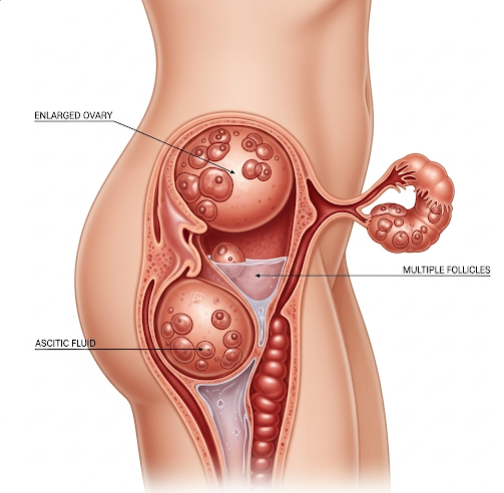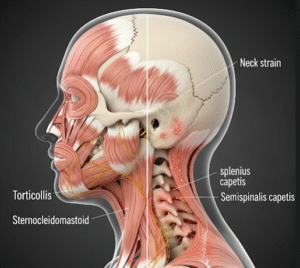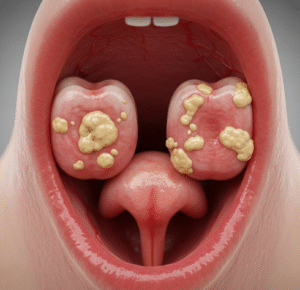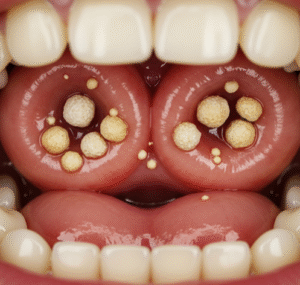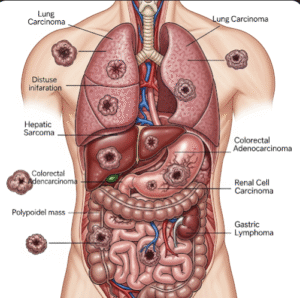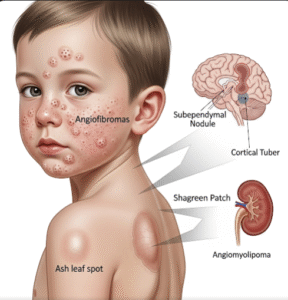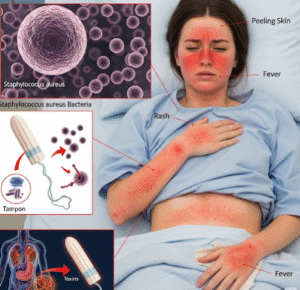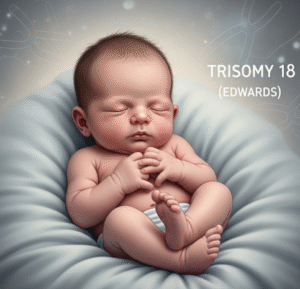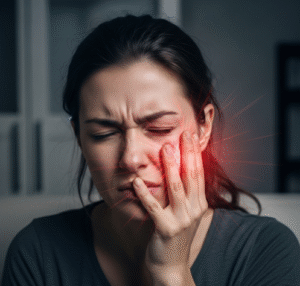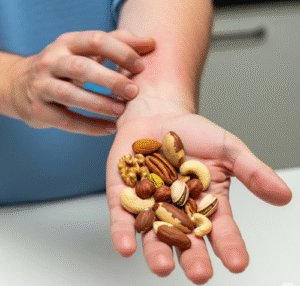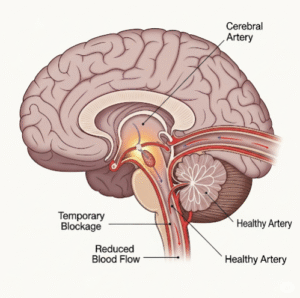Overview
Ovarian Hyperstimulation Syndrome (OHSS) is a potentially serious complication that can occur in some women undergoing fertility treatments involving hormonal stimulation of the ovaries. It is characterized by swollen, painful ovaries and fluid shifts that can lead to abdominal swelling and other systemic symptoms. In Korea, fertility clinics use advanced protocols and monitoring to prevent, detect, and manage OHSS effectively, ensuring patient safety during assisted reproductive procedures.
What is Ovarian Hyperstimulation Syndrome (OHSS)?
OHSS is a condition caused by an exaggerated response to ovarian stimulation drugs used in assisted reproductive technologies like in vitro fertilization (IVF). It results in enlarged ovaries and fluid leakage from blood vessels into the abdominal cavity and other body parts, leading to symptoms ranging from mild discomfort to severe illness.
Symptoms
Symptoms of OHSS vary based on severity and may include:
- Abdominal bloating and pain
- Nausea and vomiting
- Rapid weight gain due to fluid retention
- Shortness of breath from fluid accumulation
- Decreased urine output
- Dizziness or fainting in severe cases
Causes
OHSS occurs when fertility drugs, especially human chorionic gonadotropin (hCG), overstimulate the ovaries, causing increased vascular permeability and fluid leakage. This leads to swelling of ovarian follicles and accumulation of fluid in body cavities.
Risk Factors
Risk factors for developing OHSS include:
- Young age and low body weight
- Polycystic ovary syndrome (PCOS)
- High doses or prolonged use of fertility drugs
- History of OHSS in previous treatments
- Rapidly rising estrogen levels during stimulation
Complications
Severe OHSS can cause serious complications such as:
- Dehydration and electrolyte imbalances
- Blood clots due to increased blood viscosity
- Kidney failure
- Pleural effusion (fluid around the lungs)
- Ovarian torsion or rupture
Prevention
Prevention strategies in Korean fertility clinics include:
- Individualized dosing of ovarian stimulation drugs
- Use of alternative triggering agents like GnRH agonists instead of hCG
- Careful monitoring of ovarian response through ultrasound and hormone levels
- Canceling or modifying treatment cycles when risk is high
- Early hospitalization and treatment in at-risk patients
Treatment Options in Korea
Treatment for OHSS in Korea focuses on symptom management and preventing complications:
- Mild cases: Rest, hydration, pain management, and close outpatient monitoring
- Moderate to severe cases: Hospitalization for intravenous fluids, electrolyte correction, and careful monitoring
- Paracentesis: Removal of excess abdominal fluid to relieve symptoms
- Anticoagulation therapy: To prevent blood clots in severe cases
- Adjustment of fertility treatment protocols: To minimize recurrence risk in future cycles
Korean fertility centers emphasize patient safety with advanced monitoring technology and expert multidisciplinary teams to manage OHSS effectively and support successful fertility outcomes.

